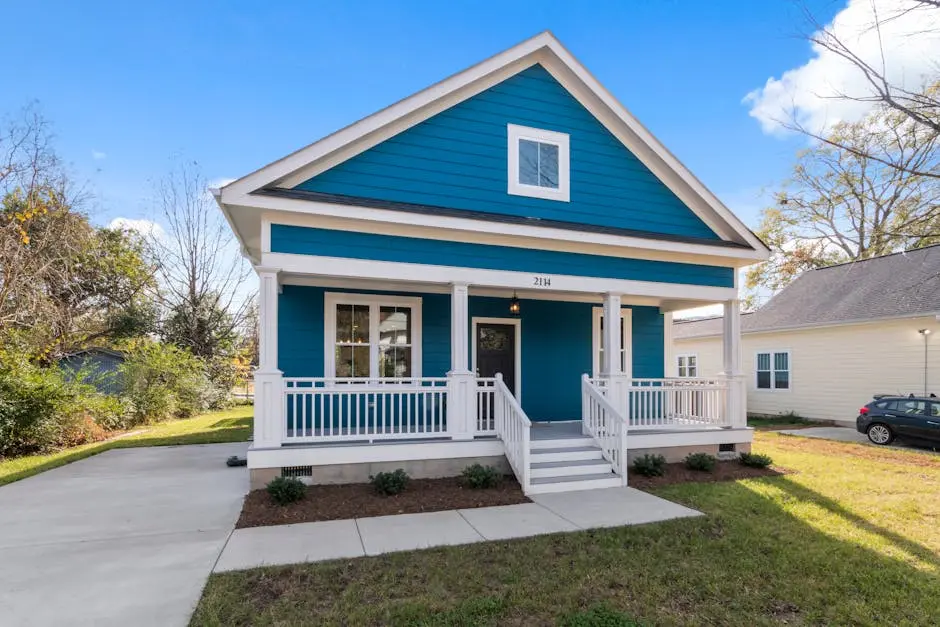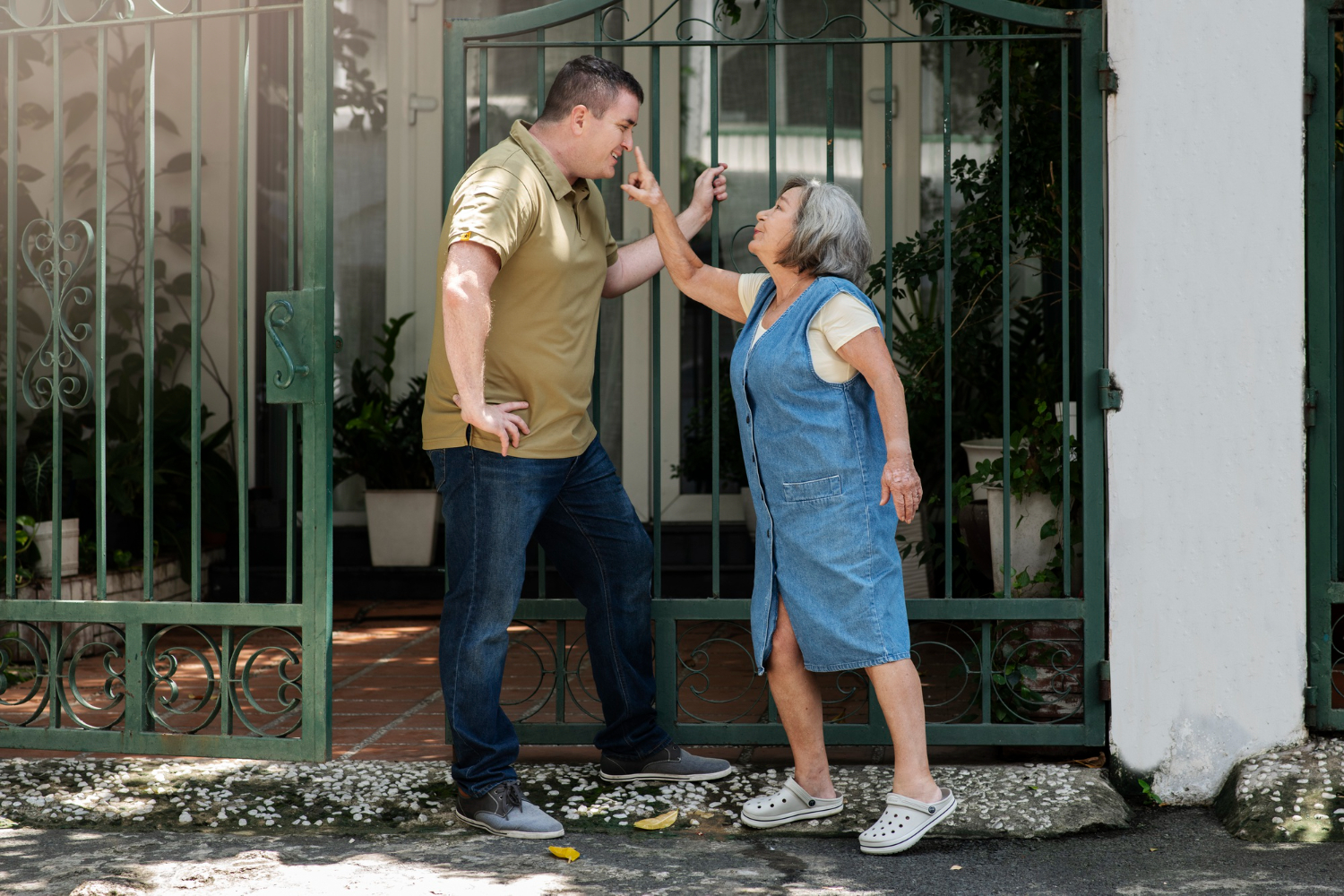Effective realty management is vital to ensuring that communities remain both beautiful and safe. This not only enhances the quality of life for residents but also ensures property values are maintained or even improved. In this blog, we will explore key tips and strategies for realty management that foster a harmonious and thriving community.
Understanding the Role of a Realty Manager
Realty managers serve as the backbone of property and community upkeep. They are responsible for creating an environment where residents feel secure and content. Understanding their multifaceted role can help in setting proactive strategies for community success. They wear many hats, including those of a financial advisor, a maintenance supervisor, a public relations manager, and, occasionally, a mediator during conflicts within the community. This diversity in responsibilities necessitates a comprehensive skill set that blends soft skills like communication and problem-solving with technical skills such as budgeting and maintenance planning. For instance, realty managers often need to understand community maintenance tips as part of their strategy to keep the community functional and pleasing to the eye.
The effectiveness of a realty manager is often gauged by their ability to maintain and increase property values within their community. This involves establishing and enforcing policies that govern aesthetic standards, safety, and neighborhood interactions, thus ensuring a high quality of life for all residents. Moreover, they need to stay informed about the latest realty trends and legislative changes to adapt their management practices accordingly. By guiding community boards and committees on financial responsibilities, preparing long-term maintenance plans, and educating the community about sustainability, realty managers play a pivotal role in shaping the livability and appeal of their communities.
Implementing Preventive Maintenance Practices
Preventive maintenance is crucial in maintaining the aesthetic appeal of a community while ensuring safety. Regular inspections, timely repairs, and scheduled upgrades can prevent larger issues from arising, saving both time and money. For instance, simple tasks like regular roof inspections, gutter cleaning, and HVAC system checks can prevent costly damages that would otherwise impact the community’s budget. Implementing a thorough maintenance plan requires collaboration between the realty manager and trusted maintenance vendors. It’s recommended that managers solicit multiple bids for services to ensure high-quality work and competitive pricing. The use of a maintenance calendar helps keep the schedule visible and encourages proactive management.
In addition to routine maintenance, investing in technology can also be a game-changer for community upkeep. Advanced tools, like drones and smart sensors, help identify potential issues before they become a community-wide problem, providing data-driven insights into areas that require attention. Furthermore, technology platforms that facilitate communication between the realty manager and the residents can enhance transparency and accountability, ensuring timely alerts about maintenance work, and effectively managing resident expectations. By using modern technology and adhering to preventive practices, realty managers can extend the life of community assets, preserve property aesthetics, and enhance resident satisfaction.
Promoting Safety: Security Measures and Community Guidelines
Safety within a community is a priority for any realty manager. Implementing robust security systems, enforcing community guidelines, and facilitating open communication channels encourage residents to feel more secure and engaged. Security measures like surveillance cameras, well-lit pathways, and regular security patrols are essential in deterring crime and ensuring community safety. Realty managers should work closely with local law enforcement and security experts to stay updated on best practices for community safety, ensuring that security protocols evolve with emerging threats.
Community guidelines must be clear, accessible, and regularly updated to reflect the community’s changing needs. Regular community meetings can serve as a platform to discuss issues, propose new safety measures, and refresh residents’ understanding of existing guidelines. Communication systems, such as monthly newsletters or digital communication platforms, keep residents informed and involved. By combining effective security measures with transparent and inclusive communication, realty managers can foster a sense of safety and community within their neighborhoods.
Enhancing Community Aesthetics Through Landscaping
A visually pleasing environment plays a critical role in residents’ satisfaction. Investing in professional landscaping services and community gardening initiatives can greatly enhance the appeal of common areas, creating a welcoming atmosphere. Well-maintained lawns, flower beds, and walking paths not only add to the visual appeal but also promote outdoor activities and social interaction. By incorporating native plants that thrive in local conditions, communities can achieve beautiful, low-maintenance landscapes that conserve water. This approach aligns with sustainable landscaping practices and can significantly reduce long-term costs associated with irrigation and plant replacement.
Involving residents in the planning and execution of landscaping projects can also enhance community engagement. Initiatives like community gardening and flower-planting days encourage a sense of ownership and pride among residents. These activities provide an excellent opportunity for neighbors to interact and collaborate, strengthening the community’s social fabric. Moreover, realty managers should work with professional landscape architects who can offer insights into making the most of available green spaces, while considering factors like seasonal changes, soil health, and biodiversity. By enhancing aesthetics through collaborative and well-planned landscaping efforts, communities can create inviting and vibrant spaces that enhance the quality of life for all residents.
Incorporating Sustainable Practices
Sustainability is becoming increasingly important in realty management. By adopting eco-friendly practices—like integrating renewable energy sources, promoting recycling, and prioritizing energy-efficient solutions—communities can thrive both environmentally and economically. Realty managers are encouraged to partner with sustainability consultants to assess their community’s current environmental footprint and identify areas for improvement. Strategies such as installing solar panels, using energy-efficient lighting, and implementing water conservation measures, such as rain gardens and low-flow fixtures, contribute significantly to broader sustainability goals.
Communities can further enhance sustainability by encouraging green practices among residents. Initiatives like recycling drives, composting programs, and carpooling systems not only reduce the community’s carbon footprint but also foster a collective spirit of environmental responsibility. Educational workshops on topics such as energy conservation and waste reduction can motivate residents to make eco-friendly changes in their daily lives. In turn, this not only reduces environmental impact but can also lead to financial savings for both the community and individual households. Adopting sustainable practices is not just a trend; it’s a necessity for realty management that seeks to preserve the planet and enhance community well-being.
Engaging Residents Through Community Events and Activities
Encouraging resident participation through events and activities strengthens community ties and improves overall satisfaction. Organizing social gatherings, workshops, and fitness events can foster a sense of belonging and community pride. Events such as annual block parties, cultural festivals, and holiday celebrations provide residents the opportunity to network and build friendships in a relaxed setting. Importantly, these activities should reflect the diverse interests of the community to ensure broad participation.
Regularly scheduled meetings and forums are another valuable tool for resident engagement. These gatherings are essential for discussing community matters, sharing updates on ongoing projects, and inviting feedback from residents. Involving residents in decision-making processes—through focus groups or committees—empowers them and enhances their investment in the community’s welfare. Additionally, digital platforms can facilitate virtual interaction, providing residents a convenient way to stay informed and engaged. By prioritizing resident engagement through well-organized events and activities, realty managers can cultivate a strong sense of community belonging and ensure residents feel valued and heard.
Cultivating Resilient and Inviting Communities Through Thoughtful Management
By implementing these realty management strategies, community leaders can cultivate environments that are both attractive and secure. It is important to engage with residents, prioritize sustainable practices, and invest in ongoing improvement and safety measures. A well-managed community benefits everyone and sets a foundation for lasting prosperity.






